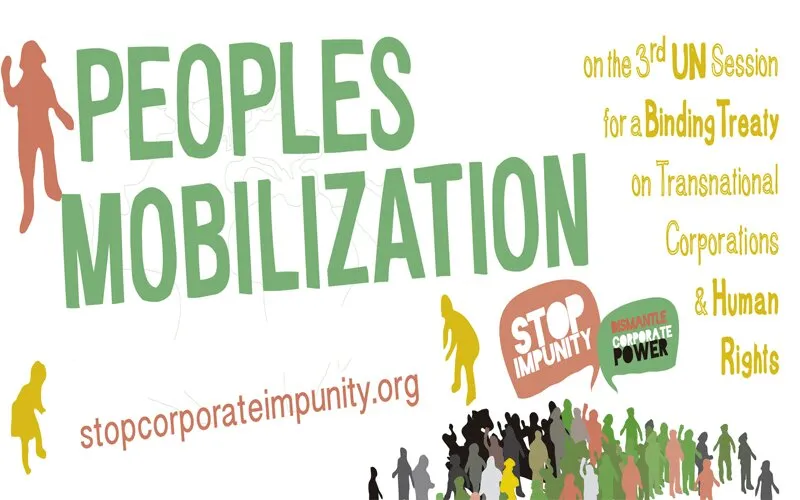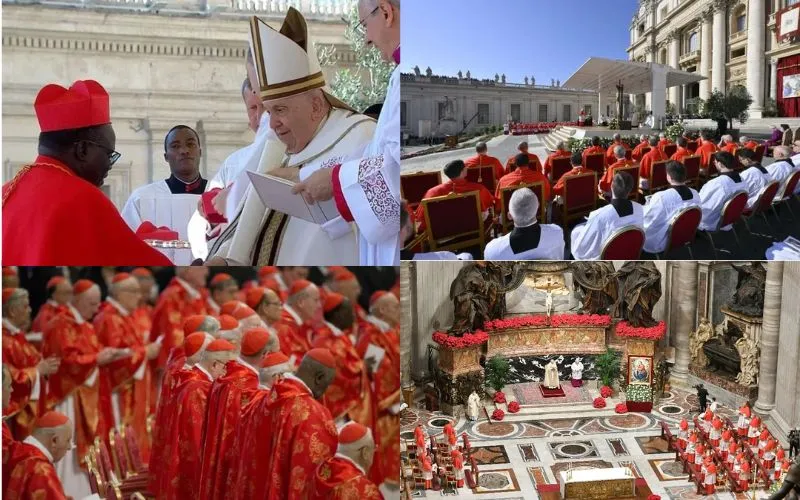Nairobi, 05 November, 2020 / 7:45 pm (ACI Africa).
Catholic Bishops in Kenya have called on the government to support the second revised draft of the UN Treaty on Transnational Corporations (TNCs) and Human Rights, which seeks to prevent the occurrence of human rights abuses in the context of business activities.
“We reiterate our 2019 commitment to the binding treaty on business and human rights and urge the Kenyan Government to fully support the second revised draft to secure the aspirations of the community,” members of the Kenya Conference of Catholic Bishops (KCCB) say in their Wednesday, November 4 collective statement shared with ACI Africa.
In making their case, the Bishops acknowledge that with a Fourth Industrial Revolution “firmly underway,” TNCs will continue conducting their businesses globally thus the “urgent need to have a mechanism in place to ensure their activities promotes integral human development anchored on respect (for) human rights.”
Amid the industrial revolution, KCCB members say, “2020 through to 2030 is the 'Decade of Action' during which No One Should Be Left Behind in ensuring Transnational Companies and other business enterprises respect human rights for the common good of the society.”
The second revised draft of the UN Treaty on Transnational Corporations (TNCs) and Human Rights is a project of the UN Human Rights Council that aims at developing an international legally binding instrument to regulate TNCs and other companies with respect to human rights.








